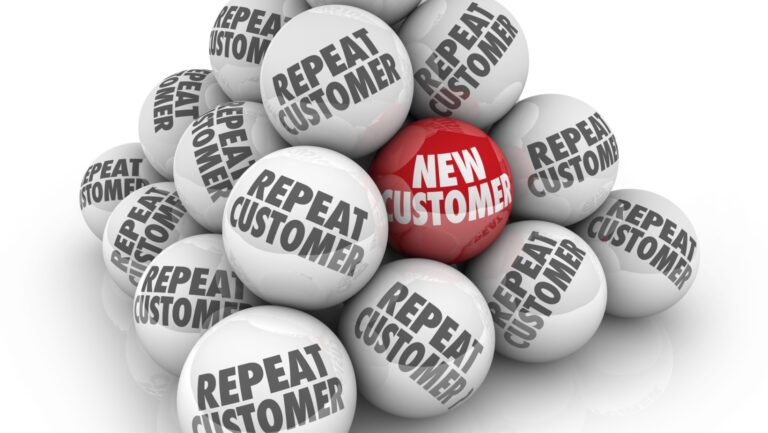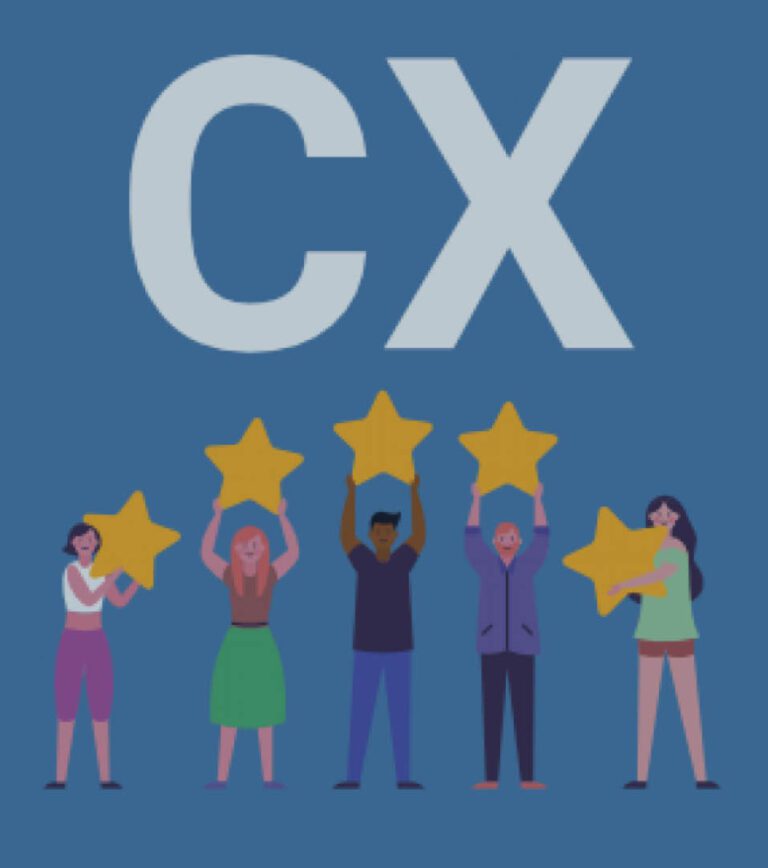But the end result should be the same—increased profits!
Editor’s Note: This is the last of a three-part series of effective sales meetings.
Sales meetings come in many forms and serve many purposes. In the last of my three-part series on effective sales meetings, let’s review some common types of meetings and how to make each more productive.
Product-knowledge meetings are the most common and for some stores, the only meetings they conduct.
While product knowledge is fundamental and foundational, these meetings can sometimes be—what’s the polite way to put this?—boring, and are often characterized by glazed-over eyes.
Here’s how NOT to conduct a product-knowledge meeting: As a mattress manufacturer’s rep, an associate of mine and I had a dinner meeting with sales associates who’d worked all day. After a nice meal, with drinks (big mistake), my fellow rep proceeded to read, in detail, the specs of 13 different models. Information overload!
With product-knowledge meetings, I suggest giving attendees a copy of easy-to-read specs with product features and benefits. Presenting information at the meeting as you would to a customer not only gives the sales staff the facts, it also teaches them how to present those facts.
Selling-skills meetings tend to be more interesting and effective by their very nature. Rather than just the who, what and where, these meetings get into the why and how of selling. Effective selling requires a balance of selling skills with product knowledge.
Consider a role-playing workshop. Set up stations where associates rotate to practice specific scenarios: greeting, overcoming objections, demonstrating P.O.P materials, and asking for the order.
To make these meetings even more effective, have sales associates share real-life experiences. Allow plenty of time for analysis and discussion. Pooling and sharing experiences can dramatically expedite and improve your staff’s selling skills.
Kick-off meetings present opportunities to create excitement. Consider an off-site location like a restaurant or hotel. Have giveaways and door prizes to make the event even more special. Be creative and make it fun.
Orientation meetings often serve as information overload. As companies realize the importance of having well-trained, competent sales associates, they’re investing more time and effort in the initial training process. It’s not uncommon for new associates to spend up to two weeks in training. The intention is great, but the downside is information overload.
Another problem is that time is spent entirely in the abstract realm of theory. Most of the information has no real meaning until the associate is on the sales floor and, by then, much is forgotten. I recommend a brief orientation with time on the sales floor observing actual situations or working with a mentor. When they return to the meetings, they’ll have a real understanding and perspective that will increase their effectiveness.
Beyond these basic types of meetings, here are some that are less common, but highly recommended.
Motivational meetings focus on the psychology of buying and selling. Understanding the motivation and attitude of shoppers is a fascinating and enlightening topic. Work on awareness skills so everyone understands the importance of the job they perform and how they fit into the bigger picture. There’s nothing wrong with motivational meetings so long as you’re able to motivate.
Big-picture meetings help staff understand how each department works and how the departments work together. You can’t have teamwork if you don’t know your teammates or what they do.
Daily meetings help prepare for the day with encouragement and support; brief on price changes, promotions, out-of-stock, overstock, delivery delays, new ads, etc. There’s nothing worse than a salesperson oblivious to an ad a customer has in hand.
Use this time to check the floor models and pricing and to make sure everything is in order. Have everyone imagine they are shoppers seeing the store for the first time. These are very important steps.
Rep meetings are a terrific source of knowledge and can be helpful to the sales staff. Also, sales associates can help the reps by keeping a notebook of questions and situations to go over during their sales meetings.
Outside-expert meetings can broaden associates’ knowledge and outlook. Consider a foam manufacturer, for example. You’d be surprised how interesting foam is. Better yet, hold a meeting at the foam factory. Consider outside sales trainers. (I happen to know one!) They see things from a different perspective and can have a positive impact.
Company-wide meetings, held once or twice a year, are important. Go over the mission statements to renew the focus and to make sure everyone is on the same page. This is a great time to put names with faces and for some “catch up” with others.
Recognize and reward performance in an inclusive way. In addition to top producers, reward those who have made improvement. Celebrate achievement. Praise goes a long way. Let me say that one more time for emphasis: Praise. Goes. A. Long. Way.
How to know if sales meetings are productive
Meetings are effective if they produce measurable results. These results can be calculated by tracking sales, closing ratios, average ticket prices, or from testing or surveys. Some companies use secret shoppers to see if salespeople are applying the skills they’ve been taught. Consider anonymous questionnaires to find out what the staff thinks. The answers can be enlightening and give direction for further improvement.
It makes sense that new sales associates should have more dramatic improvement in their performance than veteran associates, but even the best salespeople can continue to grow and improve. Even a small percentage improvement in closing ratios or increase in average tickets can collectively translate into a significant increase in volume and profits.
Short term, the best proof of an effective sales meeting is to have the attendees leave more prepared, upbeat, confident, motivated and feeling important.











